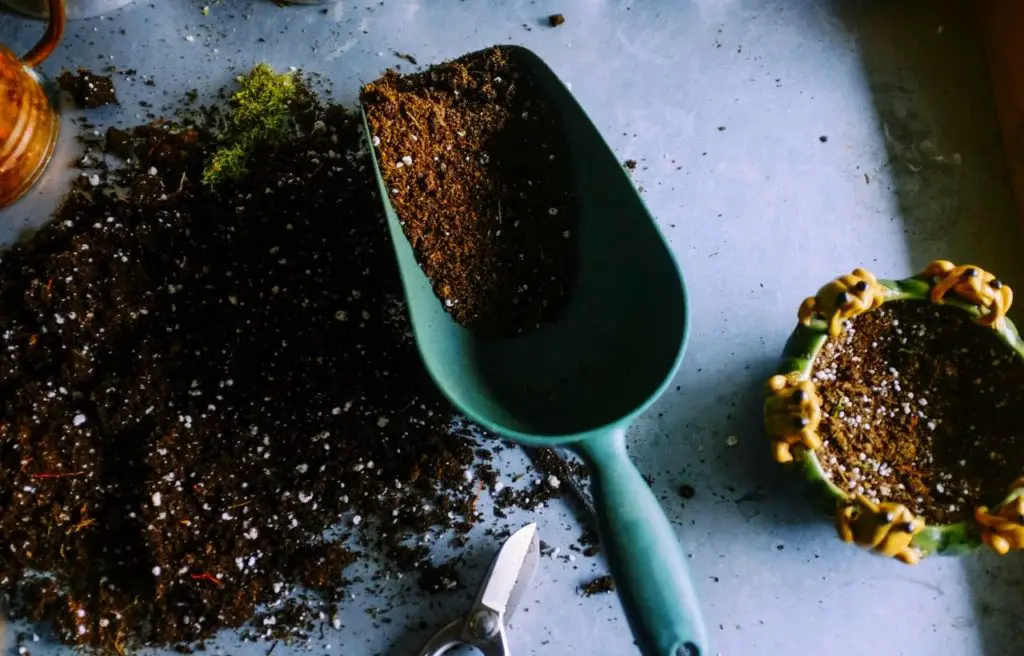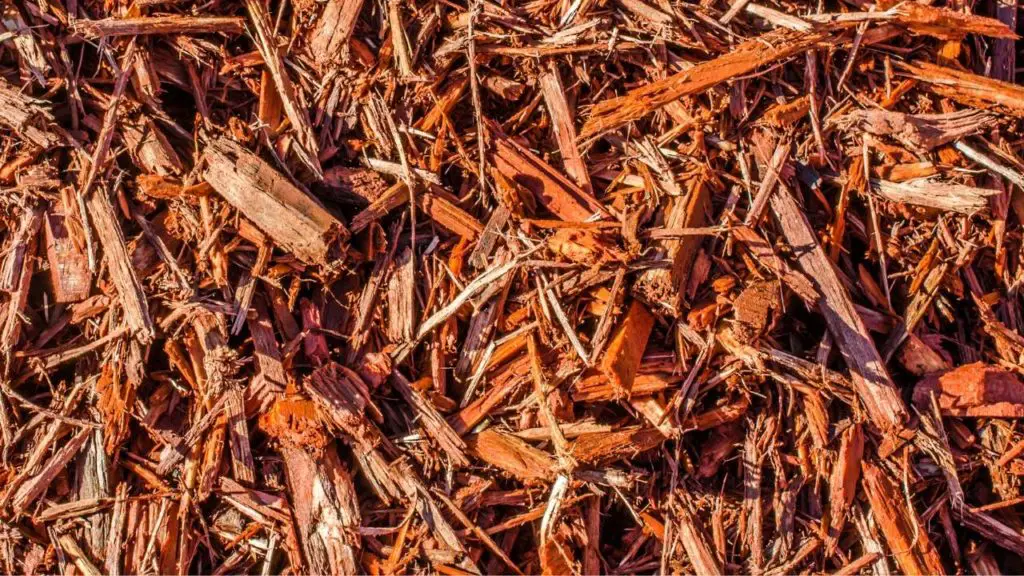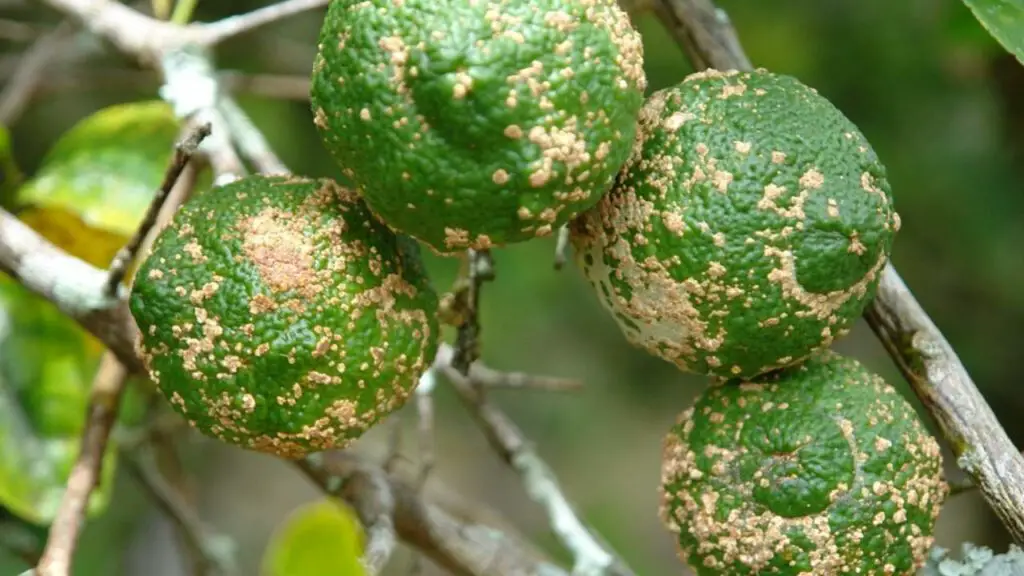We all love lemons. Lemons had so many benefits and so many uses in our daily life. People who are trying to reduce body fat and blood pressure, lemons are a great answer.
In my home, we use lemons in making curry dishes, sweet dishes, lemon tea, lemon water (in summer) and pickles. By the way, lemon water is my favorite summer beverage.
There are tons of varieties of lemons you can grow in your garden. I suggest you try every one of them, so you can pick your favorite one.
Or if you are a beginner, you should go with a local and most popular variety of your area. You can easily find that variety from your local plant stores or nurseries.
Here are 6 top tips to grow a lot of lemons on just one tree.
TIP NUMBER ONE: POSITION.

This is one of the most important things you can do before planting your plant. Always select a better and suitable location for your lemon tree.
Things you need to consider before planting is the reach of sunlight and space. Lemon trees love full sunlight and full sunlight means 6 to 8 hours of direct sunlight.
Lemon trees are fruit-bearing trees and they produce lots of trees. That means they need more sunlight for photosynthesis, so they can produce more fruits.
Space is another important thing for lemon trees. Lemon trees don’t like very crowded areas. So select an area with less number of plants, so there will be less competition of sources like sunlight, water, and nutrients.
TIP NUMBER 2: SOIL.

Soil is not a very big problem for lemon trees. Lemon trees are very hardy, they can grow in kind of soil.
This is because of their fibrous root system. A mature lemon tree produces small fibrous roots, which help them to suck all the moisture and nutrients from any kind of soil.
But for a small lemon tree or plant, the soil is an important factor. You should provide compost to your plant, and soil with nice drainage will do great.
If you are growing your lemon plant in a container, any kind of soil will be a problem. You should use potting soil to grow in a container.
Because potting soil can provide nutrients to your plants, for months. Plus potting soil has great drainage. You can buy potting soil from markets or you can make your own potting soil at home.
Also Read: How To Make Potting Soil At Home
TIP NUMBER 3: MULCHING

Mulch is very important for lemon trees. I already mentioned the term fibrous roots. These small roots are very sensitive and important to trees.
So you should protect this root system for the sake of your tree. Mulch can protect them from harsh sunlight of summer and colds of winter. Mulch also saves water to evaporate in hot summer days.
Always use a thick layer of mulch. You can use different kinds of mulch to protect the root system like dried leaves, clippings of grass or wood chips.
Plus these mulch will decompose with the passage of time and turn to organic fertilizer and provide nutrients to your tree.
Also Read: Here Is Everything About Using Pine Bark Mulch In Vegetable Garden

TIP NUMBER 4: Fertilizer.
Trees like lemon, that produce tons of fruit, always need Fertilizer to make more and more. There are two different ways to fertilize your lemon tree.
- You can use manure (homemade or commercial) to fertilize the tree. Chicken, horse or any kind of manure will do the trick. But you have to provide trace elements like zink, potassium, and magnesium, etc. You have to buy these trace elements and then provide to your tree for better growth and bigger fruits.
- The second method is to use commercial fertilizer. Always pick citrus fertilizer for lemon trees. These citrus fertilizer are specialized for lemon trees and comes with trace elements. So you don’t have to buy them separately.
Here is the method to use fertilizers.
Always read the instructions before using commercial fertilizer. Because over-fertilizing can kill your tree.
Spread your Fertilizer on the top of the layer of mulch, a little bit away from the trunk. After fertilizing, give a lot of water to your tree.
TIP NUMBER 5: Watering.
People think Watering is very simple. Fortunately, it is very simple. Just overwatering or less watering can cause less fruiting or even death of the tree.
And I cannot tell you, how much to water. Because it totally depends on the stage, season and area of yours. You have to figure it out by yourself.
Lemon trees are water-loving. So keep checking the soil. Use the finger method to check the moisture level of the soil. Stick your finger in the soil, if the soil feels dry, water your tree.
When the tree of lemon starts producing fruit, watering is very crucial at that stage. The tree will require more water at that stage.
Try to water early in the morning. And give water to roots, not to leaves. It can cause fungal infections.
If you don’t have time early in the morning, water your tree before sunset.
TIPS NUMBER 6: Pests And Diseases.

You don’t have to worry about any kind of diseases and pests if you are applying above 5 tips your tree. Because if you are applying, your tree will be healthy enough to deal with small kinds of diseases and pests.
If you saw a few pests and few dying leaves, do not freak out and go to your pesticide cabinet, because you can kill all the pollinating bees and predator insects. It can harm your tree more.
Try to remove those few pests or diseased leaves by hand. Prune them using some kind of pruner.
But if the attack is serious, you may have to use your pesticide cabinet, but always try to use organic pesticides as much as you can. There are tons of organic pesticides are available in the market.
Here is a summary of all the tips and tricks to grow tons of lemon from a single tree.
- A good sunny location with a lot of space.
- Nice soil with drainage or potting soil for pots.
- A thick layer of mulch around the trunk to save the root system.
- Use manure with trace elements or citrus fertilizer.
- More watering during the stage of fruiting. Lemon trees love water.
- Use pesticides only when there is a huge attack of pests or any disease.
